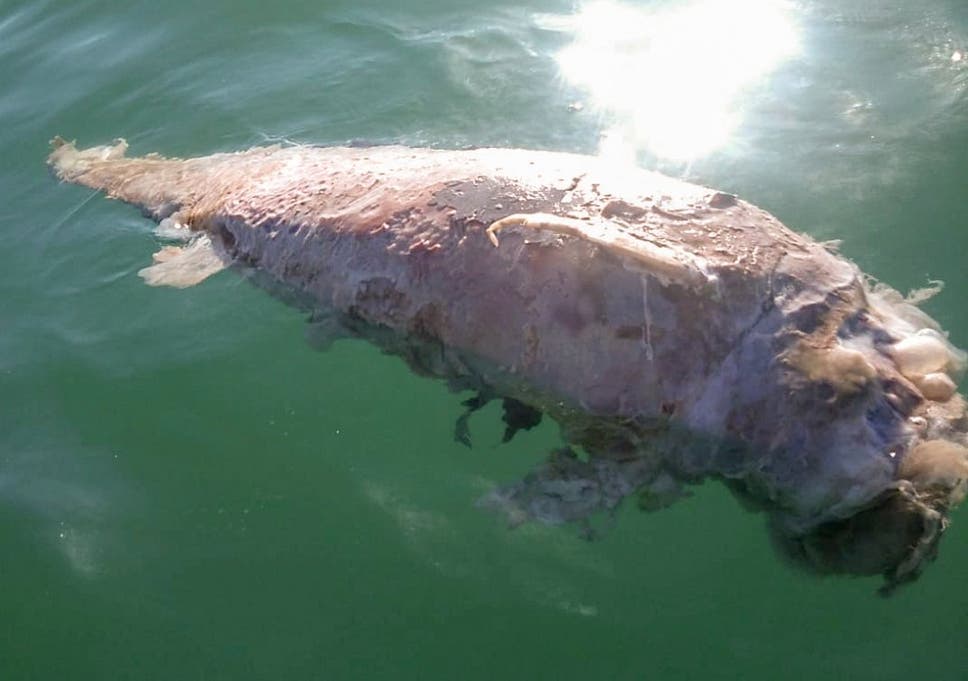
Just 10 vaquita porpoises are thought to be left in our seas – prompting Mexican authorities to announce plans to try to save them.
A reserve for the planet’s most endangered marine mammal will be marked out by the Mexican environment department, which will also boost the local economy.
But with the vaquita now on a “final countdown to extinction”, conservationists warned that such efforts were too late.
There are just a handful of the animals left in their finale refuge – the Gulf of California – according to a recent report by the International Committee for the Recovery of the Vaquita (CIRVA).
True numbers may in fact be even lower – the campaign group Sea Shepherd has since announced the discovery of what is believed to be a vaquita trapped in an illegal type of net.
The porpoise’s decline has been attributed to fishers in the region targeting the totoaba fish. Its swim bladder is in demand from the Chinese, who consider it a delicacy.
The illegal gillnets used by their boats hang in sheets, and the vaquitas become tangled in them and die.
In their report addressing Mexican environment and agriculture ministers, CIRVA experts laid out crucial measures to preserve the species.
“As you know, the vaquita is on the edge of extinction and, unless action is taken now, the species will be lost within a few months or years during your administration,” they wrote.
“We emphasise that the only remaining hope for the vaquita is to eliminate all gillnet fishing in the area where the last few vaquitas remain. This is not an impossible task, as the area to be protected is not large.”
In response, the government said it would mark out an area with buoys to prevent fishing vessels entering the porpoise’s remaining habitat, while providing social programmes and jobs for local fishing communities.
But Alejandro Olivera, the Mexico representative for the Centre for Biological Diversity in the US, told news agency AFP the response was “not up to the level of urgency that is required”.
CIRVA recommended a comprehensive programme including 24-hour monitoring of the habitat, net removal teams and the prosecution of illegal fishers.
Greenpeace UK head of oceans Will McCallum said the vaquita offered a cautionary tale of authorities failing to act to preserve a species.
“This beloved marine mammal is on a final countdown to extinction, and it should never have come to this,” he said.
“The Mexican government and the international community were warned two decades ago that illegal fishing for totoaba posed a deadly threat to the vaquita, and yet they failed to act.”
The campaigners said world leaders must pay attention to the plight of these porpoises when considering the best ways to protect the rest of the oceans.
"Ministers should be drafting plans for how to protect at least a third of their national waters and make sure to use the next UN summit to pave the way for a vast network of sanctuaries covering a third of our oceans, where destructive industries are banned," said Mr McCallum.







